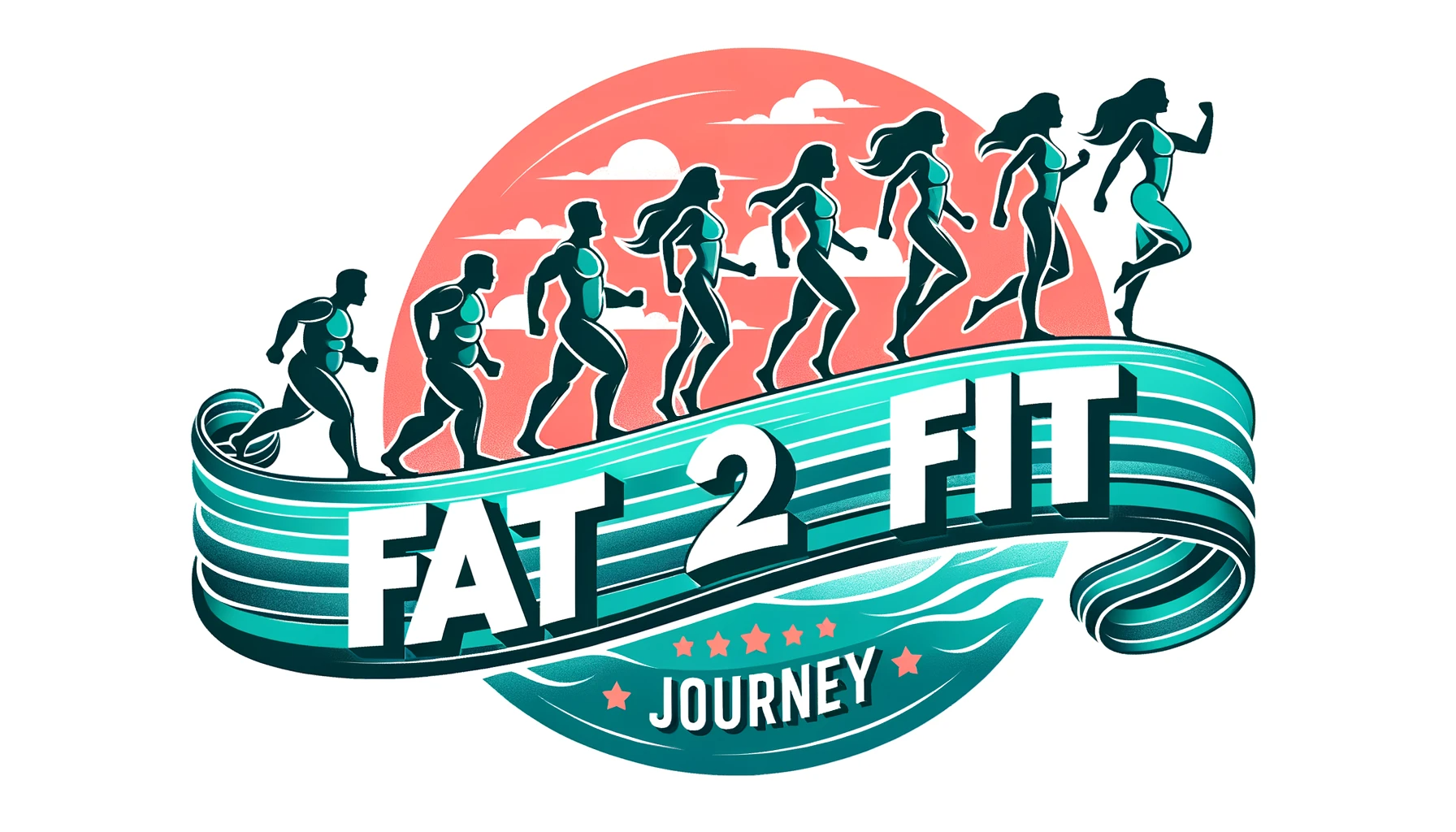If you’ve ever found yourself in a maze of dietary options, unsure of which path to take, then look no further! In this article, we will guide you through the perplexing world of diets, specifically focusing on the popular choices of Keto, Paleo, Vegan, and Mediterranean. By exploring the key principles and lifestyle factors behind each diet, you will gain a better understanding of which one may align best with your own personal goals and preferences. With a friendly tone and practical insights, this article aims to simplify your decision-making process and provide you with the knowledge you need to embark on a healthier lifestyle.

Table of Contents
Keto
Principles of the Keto Diet
The Keto diet, short for ketogenic diet, is a low-carb, high-fat diet that emphasizes the consumption of healthy fats and limits the intake of carbohydrates. The main principle of the Keto diet is to shift your body into a state of ketosis, where it burns fat for fuel instead of glucose. By greatly reducing your carbohydrate intake and increasing your intake of fats, you encourage your body to enter ketosis and become a fat-burning machine.
Benefits of the Keto Diet
The Keto diet offers numerous benefits for those who follow it diligently. One of the most significant benefits is weight loss. Due to the low-carb nature of the diet, your body starts burning fat more efficiently, leading to a reduction in body weight. The diet also helps in improving insulin sensitivity, which is beneficial for individuals with diabetes. Furthermore, it has been found that the Keto diet may help improve cognitive function, reduce inflammation, and increase energy levels.
Challenges of the Keto Diet
While the Keto diet has its benefits, there are also a few challenges that you might face when following it. One of the main challenges is the initial adjustment period, commonly known as the “Keto flu.” During this phase, you may experience symptoms such as fatigue, headaches, and dizziness as your body adapts to the change in fuel sources. Additionally, the restrictive nature of the diet can make it difficult to dine out or socialize with friends who do not follow the same eating plan. It can also be a challenge to ensure you are getting all the necessary nutrients from a limited food selection.
Tips for Following the Keto Diet
To successfully follow the Keto diet, there are a few tips that can help you along the way. Firstly, make sure to plan your meals and snacks in advance to avoid any temptations or last-minute unhealthy food choices. Secondly, focus on including a variety of healthy fats such as avocados, nuts, and olive oil to ensure you are getting enough energy from alternative sources. Additionally, it’s crucial to stay hydrated and replenish electrolytes, especially during the adjustment period. Lastly, consider seeking guidance from a registered dietitian to ensure you are following the Keto diet safely and effectively.
Paleo
Principles of the Paleo Diet
The Paleo diet, also known as the caveman diet or Paleolithic diet, is centered around the premise of eating foods that were available to our ancestors during the Paleolithic era. The diet primarily focuses on consuming unprocessed and whole foods, including lean meats, fish, fruits, vegetables, nuts, and seeds, while avoiding grains, legumes, dairy products, and processed foods. The main principle of the Paleo diet is to emulate the dietary patterns of our hunter-gatherer ancestors and eliminate foods that are believed to be harmful to our health.
Benefits of the Paleo Diet
The Paleo diet offers several benefits that make it an appealing choice for many individuals. Firstly, by emphasizing the consumption of unprocessed and whole foods, the diet encourages a nutrient-dense eating pattern that can contribute to improved overall health. The Paleo diet is also rich in high-quality protein, which can aid in muscle growth, repair, and maintenance. Additionally, avoiding processed foods and refined sugars has been linked to weight loss, increased energy levels, and reduced inflammation.
Challenges of the Paleo Diet
While the Paleo diet has its advantages, there are a few challenges you might encounter when following it. One significant challenge is the restriction on grains and legumes, which are common staples in many diets. This limitation might make it challenging to meet your daily fiber needs, as grains and legumes are excellent sources of dietary fiber. Furthermore, the elimination of dairy products can make it challenging to meet certain nutritional requirements, such as calcium intake. Lastly, the cost of purchasing high-quality, organic, and pasture-raised meats and produce can be higher compared to a typical diet.
Tips for Following the Paleo Diet
To make following the Paleo diet easier, here are a few tips that can help you stay on track. Firstly, focus on meal planning to ensure you have plenty of nutrient-dense foods on hand. Stock up on fresh fruits, vegetables, lean meats, and healthy fats to create balanced meals. Experiment with different cooking methods and spices to make your meals flavorful and exciting. Additionally, it’s important to listen to your body and make adjustments as needed. If you find it difficult to meet your fiber needs, consider incorporating more non-starchy vegetables and seeds into your meals. Lastly, do not be too hard on yourself. Allow for some flexibility and occasional indulgences to maintain a sustainable approach to the Paleo diet.
Vegan
Principles of the Vegan Diet
The Vegan diet is a plant-based eating pattern that eliminates all animal products, including meat, dairy, eggs, and honey. The primary principle of the Vegan diet is to avoid the exploitation and cruelty towards animals, as well as to promote environmental sustainability and personal health. Instead of animal products, Vegans rely on a variety of plant-based foods, including fruits, vegetables, legumes, whole grains, nuts, and seeds, to meet their nutritional needs.
Benefits of the Vegan Diet
By adopting a Vegan diet, you can reap numerous benefits for your health, the environment, and animal welfare. Firstly, a well-planned Vegan diet can provide all the necessary nutrients and promote overall health. It is typically high in fiber, antioxidants, vitamins, and minerals, while being low in saturated fat and cholesterol. As a result, Vegans are at a reduced risk of heart disease, obesity, and certain types of cancer. Additionally, choosing a Vegan lifestyle helps reduce greenhouse gas emissions, conserve water, and preserve natural habitats. Finally, following a Vegan diet eliminates the need for animal exploitation, promoting a more compassionate and ethical approach to food choices.
Challenges of the Vegan Diet
While the Vegan diet offers a range of benefits, there are a few challenges that you might face when adopting this lifestyle. One of the main challenges is ensuring you are meeting all of your nutritional needs, particularly for nutrients like vitamin B12, iron, calcium, and omega-3 fatty acids, which are commonly found in animal products. Vegans need to diligently plan their meals to include fortified foods or consider taking supplements to prevent deficiencies. Additionally, dining out or finding suitable options while traveling can be challenging, as many restaurants and food establishments may have limited vegan choices. Lastly, some individuals may face resistance or misunderstandings from friends, family, or colleagues when adopting a Vegan lifestyle.
Tips for Following the Vegan Diet
If you are considering adopting a Vegan diet, here are some tips to help you navigate the lifestyle successfully. Firstly, educate yourself about plant-based nutrition and learn how to incorporate a wide variety of foods into your diet to ensure you’re getting all the necessary nutrients. Experiment with different plant-based recipes and cooking techniques to make meals enjoyable and satisfying. Planning ahead and preparing your meals in advance can also save time and ensure you have nutritious options available. Additionally, be prepared to advocate for yourself and communicate your dietary needs when dining out or attending social events. Lastly, connect with like-minded individuals or online communities for support, inspiration, and recipe ideas to make your Vegan journey more fulfilling.

Mediterranean
Principles of the Mediterranean Diet
The Mediterranean diet is a traditional eating pattern based on the dietary habits of people living in countries bordering the Mediterranean Sea, such as Greece, Italy, and Spain. It emphasizes the consumption of whole, unprocessed foods, including fruits, vegetables, whole grains, legumes, fish, and olive oil. Red meat, processed foods, and added sugars are limited in this eating pattern. The main principle of the Mediterranean diet is to promote heart health, as it resembles the traditional dietary patterns that have been associated with reduced risks of chronic diseases.
Benefits of the Mediterranean Diet
The Mediterranean diet has gained recognition for its numerous health benefits. Firstly, it has been extensively studied and linked to a reduced risk of heart disease, stroke, and certain types of cancer. The diet’s emphasis on whole, nutrient-dense foods rich in antioxidants, fiber, and healthy fats contributes to overall heart health and supports optimal brain function. Furthermore, the Mediterranean diet has been associated with weight management, improved longevity, and a decreased risk of developing type 2 diabetes.
Challenges of the Mediterranean Diet
While the Mediterranean diet is generally considered healthy, there are a few challenges you might encounter when trying to incorporate this eating pattern into your lifestyle. One challenge is the availability and cost of certain Mediterranean diet staples, such as fresh seafood and high-quality olive oil. Additionally, the social aspect of food and cultural traditions may conflict with the principles of the Mediterranean diet, making it challenging to adhere strictly. Furthermore, if you are accustomed to a diet high in processed foods and added sugars, transitioning to a Mediterranean eating pattern may require some adjusting and experimenting with new flavors.
Tips for Following the Mediterranean Diet
To successfully follow the Mediterranean diet and reap its benefits, here are a few tips to keep in mind. Firstly, prioritize plant-based foods such as fruits, vegetables, whole grains, and legumes as the foundation of your meals. Aim to have at least two servings of fatty fish per week to obtain healthy omega-3 fatty acids. Replace butter and other unhealthy fats with extra virgin olive oil, which is a cornerstone of the Mediterranean diet. Limit your intake of red meat and opt for leaner protein sources such as poultry, fish, and legumes. Finally, embrace the Mediterranean lifestyle by incorporating physical activity, enjoying meals with loved ones, and savoring meals mindfully.
In conclusion, the choice of diet depends on your personal preferences, values, and health goals. Whether you opt for the Keto, Paleo, Vegan, or Mediterranean diet, it’s essential to consider the principles, benefits, challenges, and tips associated with each eating pattern. Remember to consult with a healthcare professional or registered dietitian before making any significant dietary changes to ensure you are making informed choices that align with your individual needs and lifestyle.

